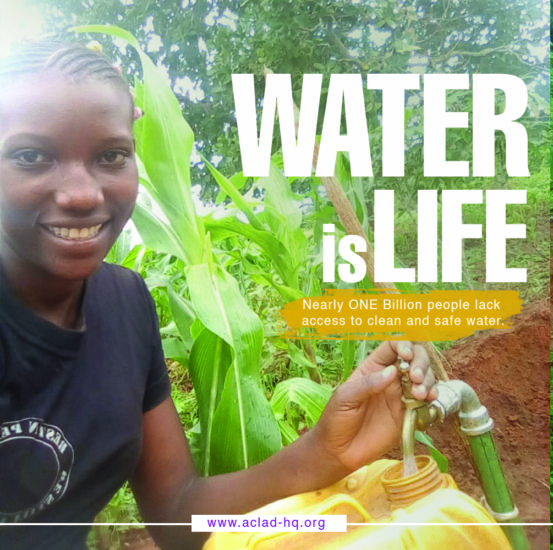Enhancing food security among households caring for children with disability
Food security[1] exists when all people at all times have physical, social and economic access to sufficient, safe and nutritious food that meets their food preferences and dietary needs forEconomic empowerment through viable income generating activities
According to Wallerstein[1] (1992), empowerment is a social-action process that promotes participation of people, organizations and communities towards the goals of increased individual and community control, political efficacy, improved qualityTowards achieving availability and sustainability of water and sanitation for all, especially vulnerable persons
According to UNICEF[1], there are three things essential for the survival of children- clean water, simple toilets and good hygiene practices, because illnesses related to water and sanitation are among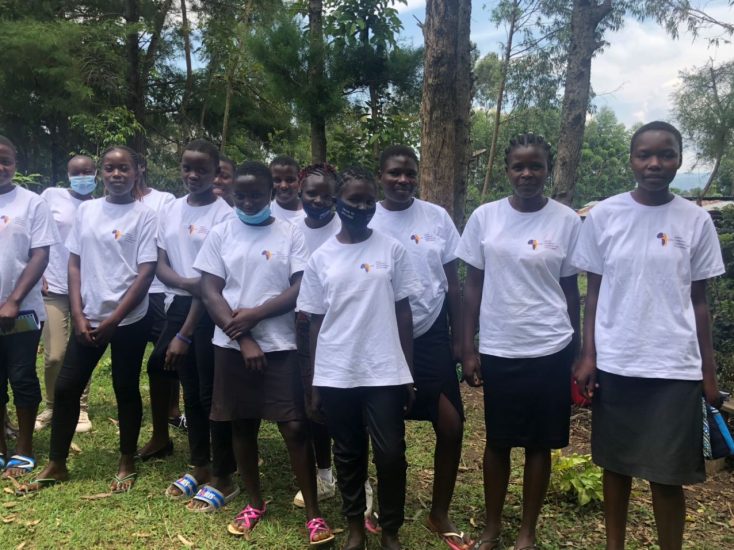
Importance of life skills enhancement among adolescents
“Nothing for us without us!” Importance of life skills enhancement among adolescents The World Health Organization has defined life skills as the abilities for adaptive and positive behaviour that enable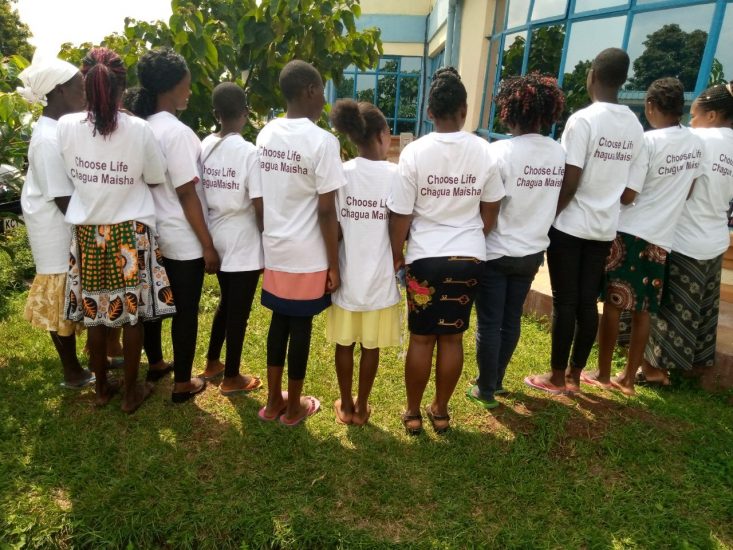
Empowering adolescents to Chagua Maisha!
Teaching peers is one of the best ways to develop mastery. The Encyclopedia of the Sciences of Learning[1] defines peer learning as a situation where peers from similar social groupings,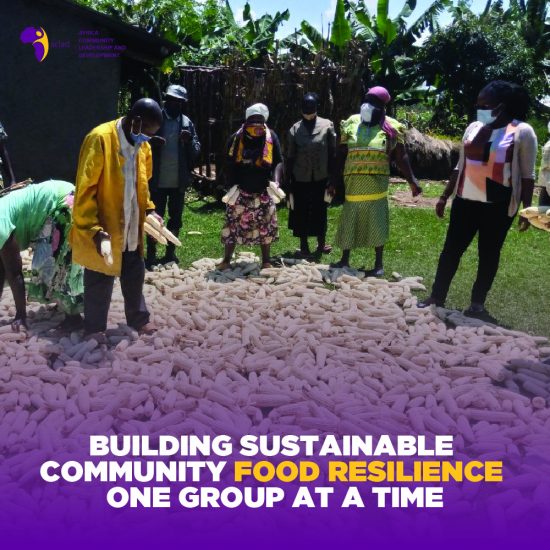
Building sustainable community food resilience one group at a time
Farmers in Kenya face many challenges including high prices of farm inputs, rainfall-dependentyields, weeds and insect pests, as well as soil erosion caused by wind and rain all of which reduceyields.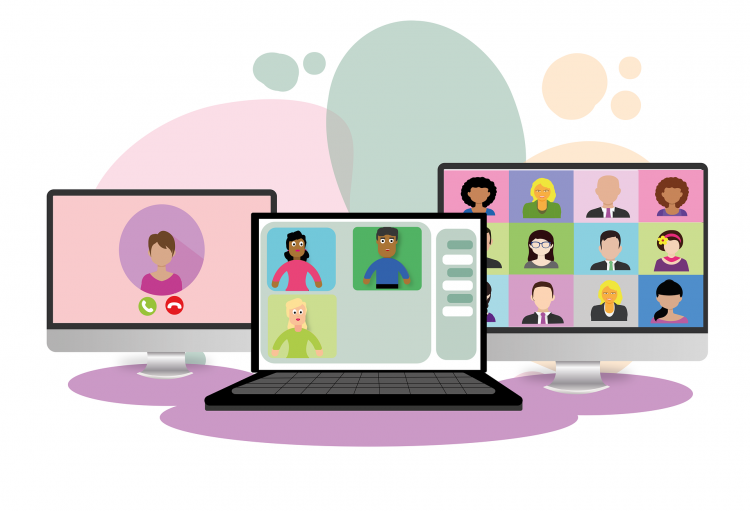
Virtual Learning for Vulnerable Children amidst the COVID-19 Pandemic
In mid-March 2020, the Kenyan government abruptly closed schools and colleges in an attempt to contain the spread of COVID-19, thereby disrupting nearly 17 million learners countrywide. It is against